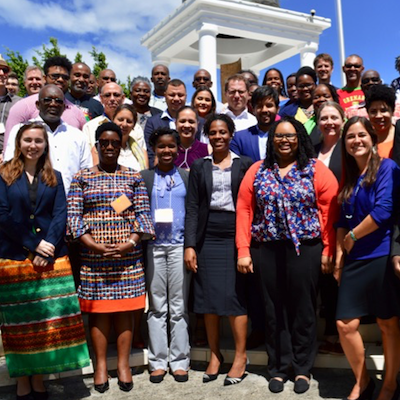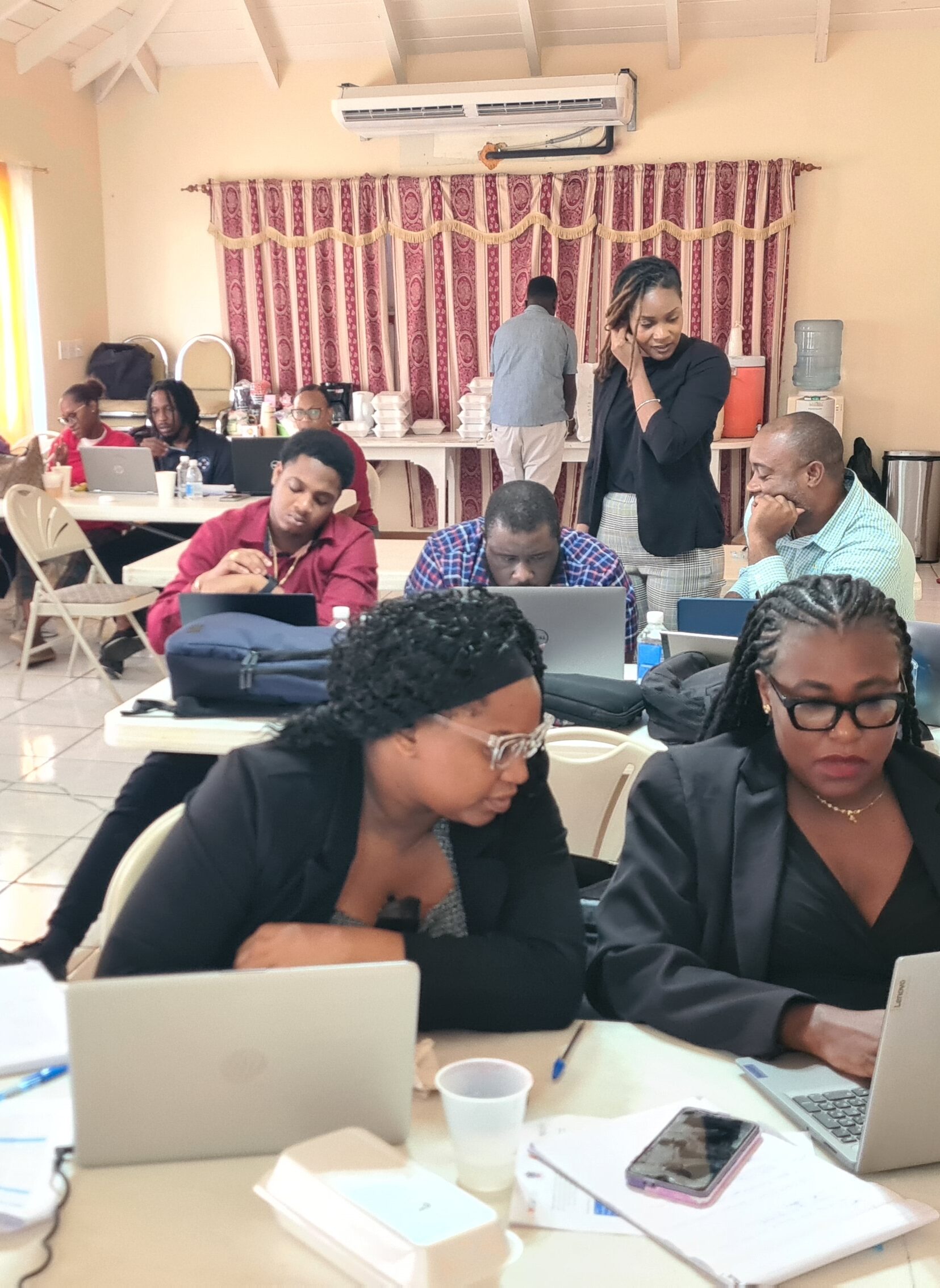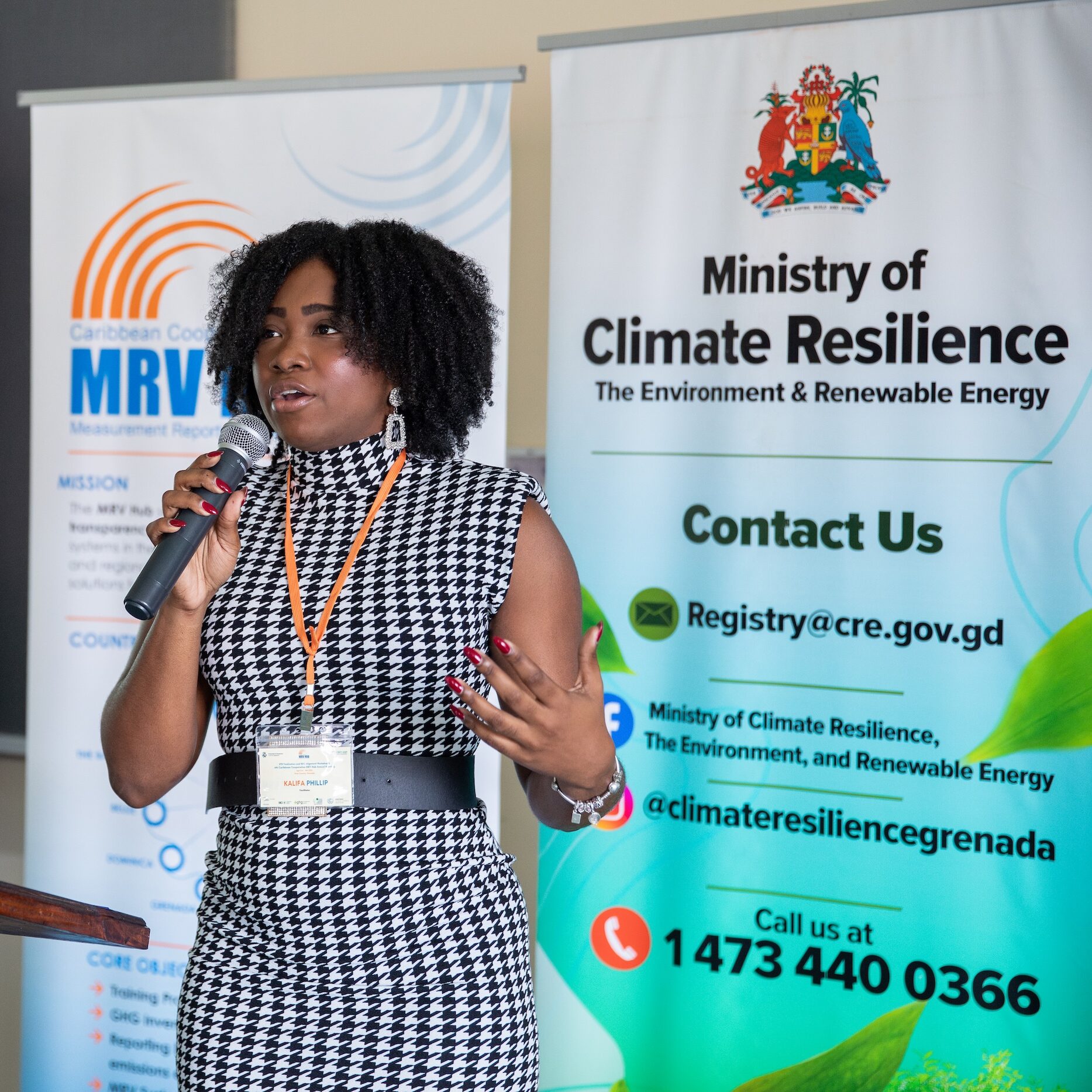GLOBAL MRV
Measurement, Reporting & Verification Hubs
A Measurement, Reporting, and Verification (MRV) Hub is a regional collaborative approach to strengthening greenhouse gas (GHG) management capacity. The Greenhouse Gas Management Institute (GHGMI) utilizes this innovative model to foster sustainable, country-driven partnerships that enable countries to cooperate on technical challenges.



